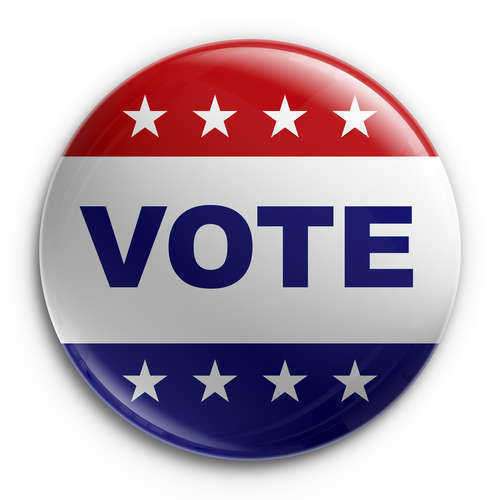Understanding Electoral Vote
Many have argued for electoral college reform, based on the fact that the electoral college was originally implemented due to a number of concerns and problems that were wholly based in the time period. For example, the electoral college was a more efficient system than the direct vote, simply because of the amount of time that it would have taken to collect votes from all citizens and then to tabulate those votes in presidential elections.
As those votes would have to be collected and counted purely by hand, it seemed unfeasible to the founding fathers to attempt to do so in a single, massive election, so they instead implemented the electoral college. But since then, such a problem has been thoroughly solved, thanks to countless technologies which not only increase the speed of travel, but also the speed and accuracy of communication. Thus, some have argued that electoral college reform should be implemented, in order to update America's electoral system for the modern world.
Another argument for electoral college reform focuses on the fact that the current electoral system is unfair to certain parts of the country. As each state will, effectively, send all electoral votes to one candidate or the other in presidential elections, then if a majority of that state's citizens are likely to vote for one party over another, that party need not worry about wooing that state. Similarly, the opposing party is unlikely to spend any effort on such a state, either, as it will not have much of a chance of changing the opinions of enough citizens to have an impact on presidential elections.

As a result, most candidates focus on certain swing states, where their efforts are more likely to have more of an effect on the actual electoral college voting when the presidential elections come. This argument for electoral college reform, then, would be based on the fact that this is unfair to citizens in states who will not be given any attention by a presidential candidate, because the electoral college system makes their votes less valuable.
Some reply to this argument for electoral college reform, however, by pointing out that it would simply refocus the nature of campaigns for presidential elections. Instead of focusing on swing states, candidates would focus only on major population centers, and plenty of citizens would still be left effectively unattended by a candidate.
There have been many other criticisms and arguments made in support of electoral college reform, ranging from how the current system for presidential elections actually discourages voter turnout, by making each individual vote potentially less valuable in light of a state's majority, to how a state with a higher population would be unfairly disadvantaged by the electoral college system.
Some have even gone so far as to support the National Popular Vote Interstate Compact, which would not directly overturn the electoral college system, but would enact electoral college reform by circumventing it. The National Popular Vote Interstate Compact would be an agreement by signing states to vote for the winner of the popular vote with all of their electoral votes.
The Compact would then sponsor a direct, popular vote, through which the member states could determine where to assign their electoral votes. As soon as enough states have joined the compact to ensure an absolute majority of 270 votes, then the electoral college system would, effectively, be reformed for all presidential elections.